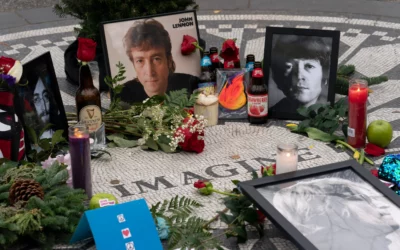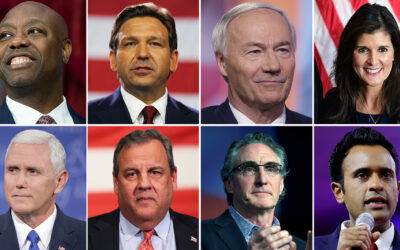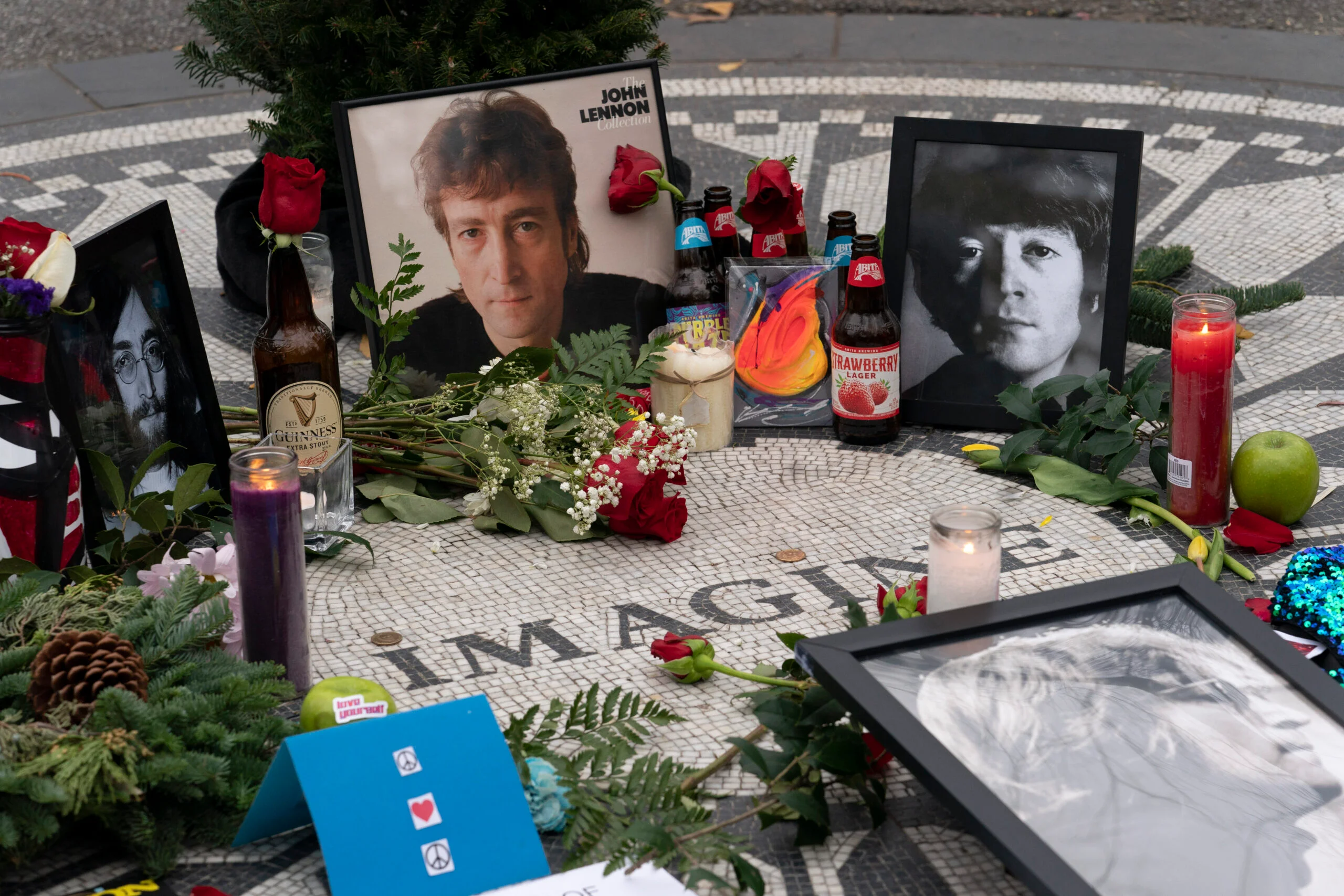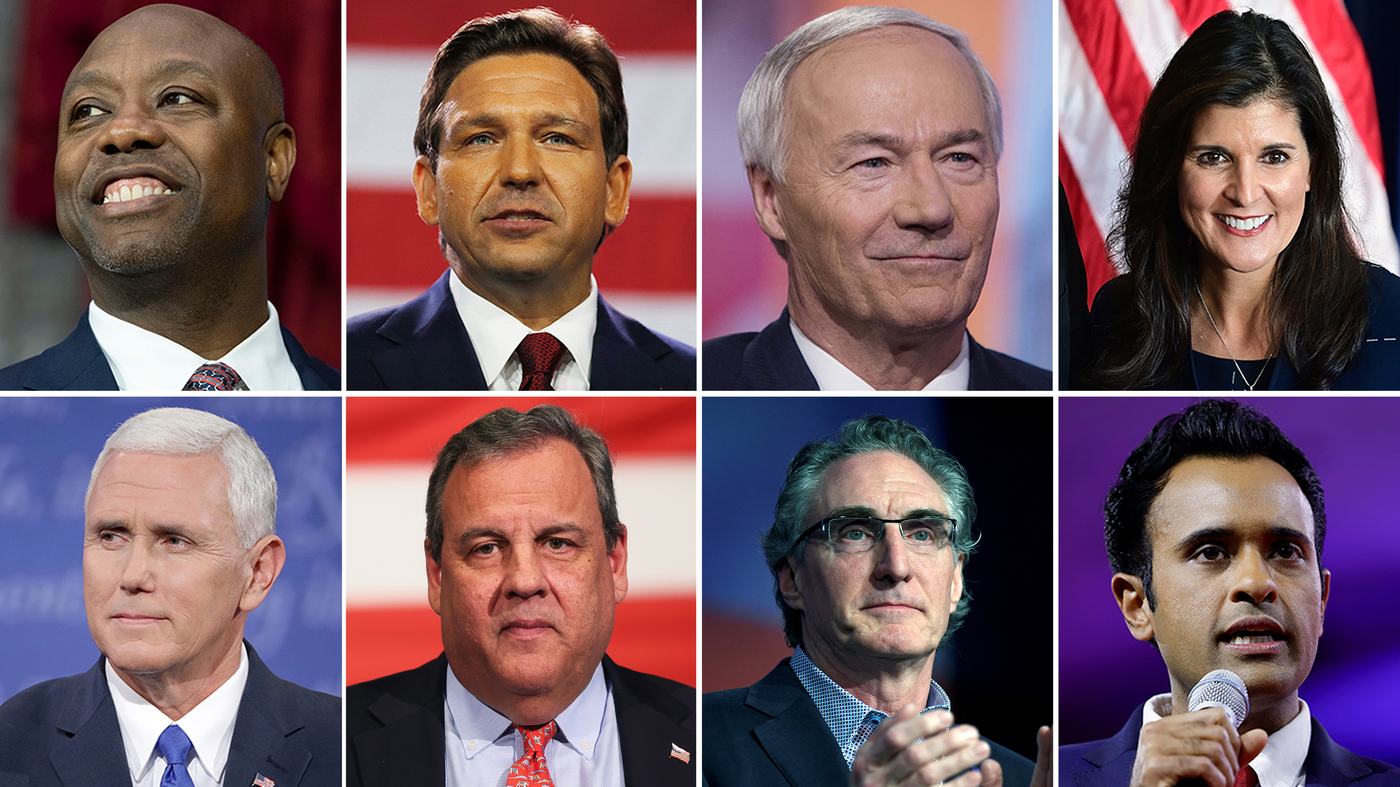Pat Robertson: The Influential Broadcaster Who Revolutionized GOP Politics with Religion

Pat Robertson, an influential figure in American politics and a renowned broadcaster, has passed away at the age of 93. Throughout his life, Robertson played a pivotal role in reshaping the Republican Party by intertwining religion and politics. This article delves into the life, career, controversies, and legacy of Pat Robertson, highlighting his significant contributions and the lasting impact he had on GOP politics. From his early beginnings to his establishment of the Christian Broadcasting Network (CBN) and his involvement with the Moral Majority, Robertson’s influence on conservative Christians and the Republican Party is explored in depth.
Early Life and Career
Pat Robertson’s upbringing and education laid the foundation for his lifelong journey in religious broadcasting. Born on March 22, 1930, in Lexington, Virginia, Robertson grew up in a devout Christian family. After completing his education at Washington and Lee University and Yale Law School, he followed a different path and founded the Christian Broadcasting Network (CBN) in 1960. This marked the beginning of his extensive career as a broadcaster.
The Christian Broadcasting Network and “The 700 Club”
The establishment of the Christian Broadcasting Network (CBN) was a significant milestone in Pat Robertson’s career. CBN grew to become one of the largest Christian television networks globally, broadcasting programs that aimed to deliver a Christian perspective on Latest News, interviews, and discussions. Among these programs, “The 700 Club” gained immense popularity and played a central role in Robertson’s rise to prominence within the evangelical community.
The Intersection of Religion and GOP Politics
Pat Robertson recognized the political potential of conservative Christians and their alignment with the Republican Party. In 1979, he founded the Moral Majority, an organization aimed at mobilizing Christians around issues such as abortion, traditional family values, and religious freedom. The Moral Majority’s impact on GOP politics was substantial, as it galvanized evangelical voters and influenced Republican candidates who shared their values.
Controversies and Criticisms
Robertson’s outspoken nature and controversial statements invited both praise and criticism. He expressed his conservative views on social issues, including opposition to same-sex marriage and abortion rights, which drew intense scrutiny and accusations of intolerance. Additionally, Robertson’s involvement in political controversies, such as his remarks on feminism and Islam during his presidential campaign in 1988, generated significant backlash.
The Legacy of Pat Robertson
The influence of Pat Robertson on GOP politics and the religious right movement cannot be overstated. By bridging the gap between religion and politics, he solidified conservative Christians as a potent force within the Republican Party. Robertson’s endorsement of Republican candidates and his emphasis on social conservatism shaped the party’s platform and resonated with religious voters.
Furthermore, Pat Robertson’s media empire, particularly the Christian Broadcasting Network (CBN), left an indelible mark on religious broadcasting. The network remains a prominent platform for evangelical voices, perpetuating conservative Christian values.
Read more, click here to know about Unveiling a Soccer Sensation: Lionel Messi Surprises the World by Choosing Miami’s MLS Team
Conclusion
Pat Robertson’s life and career were defined by his unwavering commitment to merging religion and politics. As a broadcaster, he exerted substantial influence on GOP politics, making religion a central tenet of the Republican Party’s platform. While facing controversy and criticism, Robertson’s legacy remains a significant chapter in American politics and religious discourse.











